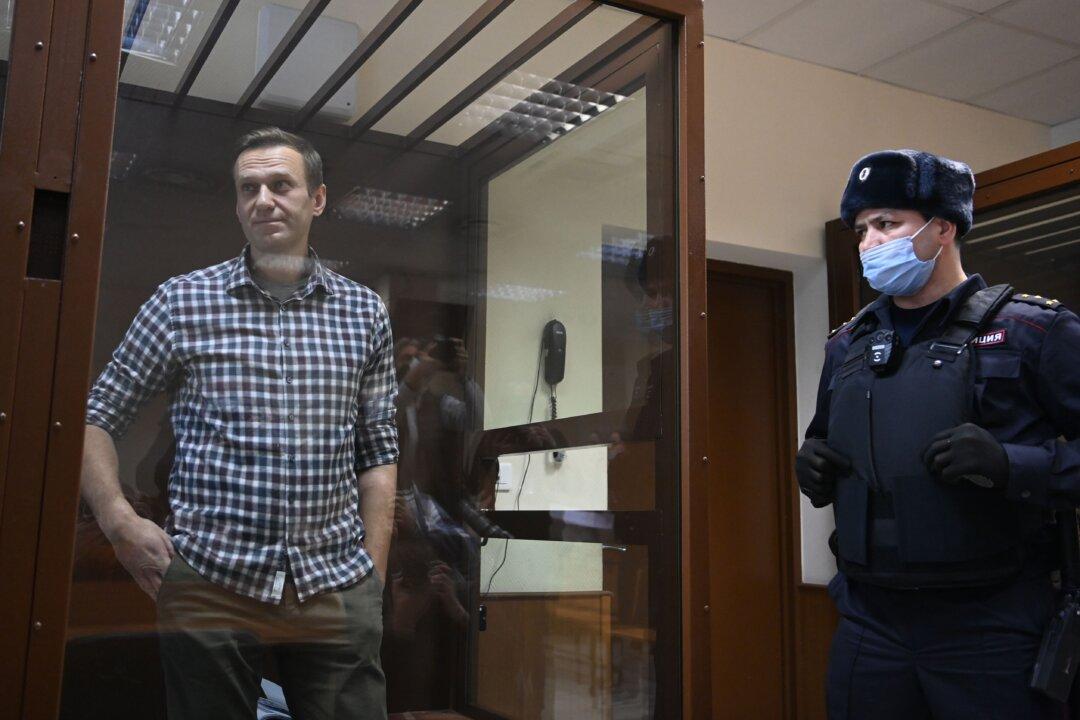The United States has imposed sanctions on Russian individuals and entities over the Kremlin’s attempt to kill opposition figure Alexei Navalny with a nerve agent, according to senior Biden administration officials.
On March 2, the U.S. Department of the Treasury’s Office of Foreign Assets Control (OFAC) joined the U.S. departments of State and Commerce in sanctioning seven Russian government officials.





